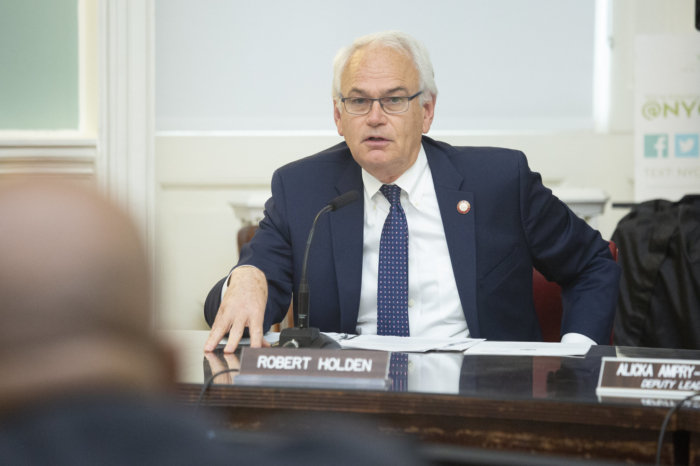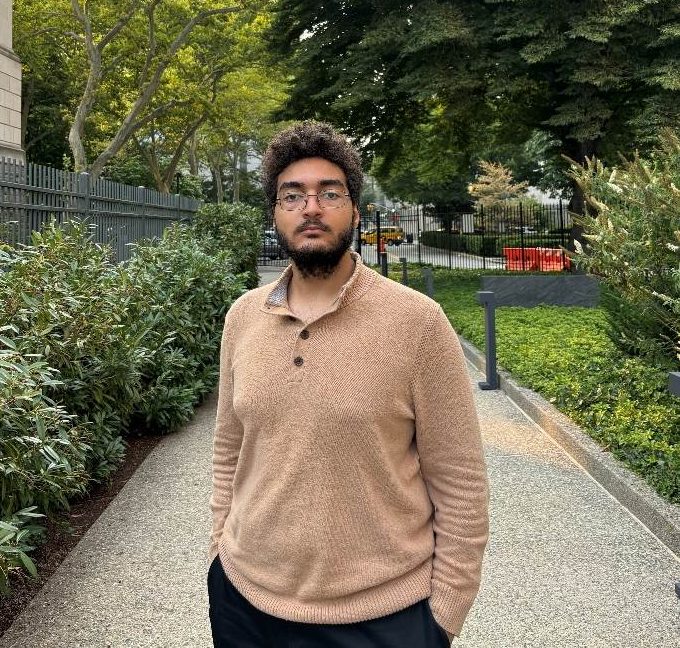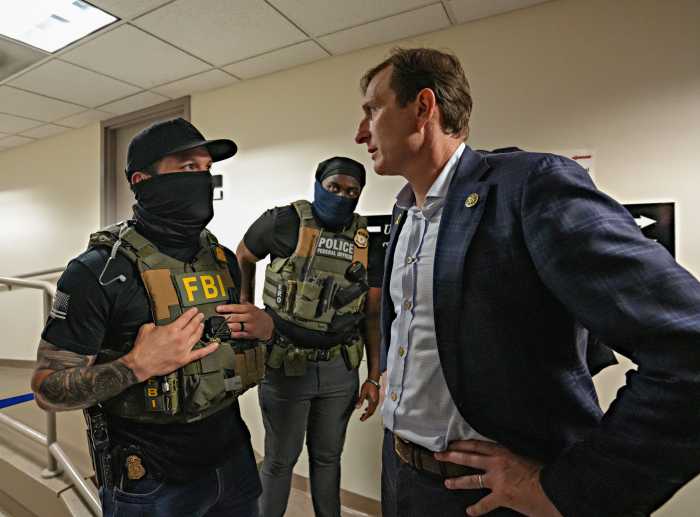By Naeisha Rose
Mayoral control over New York City schools will expire July 1. In the meantime, Mayor Bill de Blasio and state Sen. John Flanagan (R-Smithtown) have been in a political tug-of-war over whether to extend it or not.
Until an election for a Senate seat in Harlem last week, Flanagan was the GOP majority leader. But the Democrats now have a one-seat advantage, but his office says he is still considered the majority leader since eight Democrat senators are caucusing with the Republicans.
State Sen. Leroy Comrie (D-St. Albans) is hoping this issue will get resolved sooner rather than later.
“With only a little more than two weeks left in the legislative session this year, the Senate must get serious about passing an extension of mayoral control over New York City’s schools — one that is concurrent with the mayoral term of office,” Comrie said. “Using this issue as a political football year after year does a disservice to our students, parents, teachers, and New York City voters.”
Lone Queens Republican Councilman Eric Ulrich (Ozone Park) supports an extension, but not so much under de Blasio.
“I support mayoral control of public schools – not because de Blasio has been doing a stand-up job – but because the only alternative is far worse,” Ulrich said. “Under Bloomberg, mayoral control produced real results and reformed a dysfunctional education system. It is unfortunate but not surprising that New Yorkers have no faith in de Blasio. There is no doubt in my mind New Yorkers would be more supportive of mayoral control if they had a mayor they could trust.”
Former Mayor Michael Bloomberg was able to wrest mayoral control of the city’s schools from the state back in 2002. He was granted two long periods of mayoral control during his 12-year tenure.
But de Blasio has faced an uphill battle and only been give on-year terms during his first three years in office.
At issue is the number of charter schools allowed to operate in the city in this year’s negotiations.
In order to extend mayoral control of city schools, the mayor had to release a school-by-school budget plan for the more than 1,600 schools in the five boroughs. De Blasio did so through the city DOE website.
Flanagan sent a letter to the mayor’s office May 22 explaining his lack of support for an extension because he wanted to see plans on how de Blasio will be spending the Dept. of Education’s money for the “preceding school budget year,” according to Zachary Carter of the city’s Law Department, which represents the mayor’s office.
Flanagan Monday released three bills that would extend mayoral control with the caveat that the mayor must agree to looser restrictions for charter schools as well as tax credits for private donors and corporations that invest in “scholarships, education funds and home-based instructional materials.”
On May 31, the New York Charter School Center released a report entitled “Neighborhoods Primed for Charter School Growth,” citing Jamaica and Jackson Heights as two of those neighborhoods.
The center’s CEO, James Merriman, hopes the restrictions on the number of charter schools in New York City will be lifted. There are currently 216 charter schools in the city and 8,350 applicants from Queens have applied to attend them. There are only 2,040 seats available in the borough.
“This is a clear admission from the Senate that mayoral control works,” Freddi Goldstein, de Blasio’s press secretary said in a statement. “New York City schools have seen their highest graduation rates, lowest dropout rates and rising test scores. Mayoral control is a proven governance model that shouldn’t be held hostage to political horse-trading.”
Reach reporter Naeisha Rose by e-mail at nrose






































